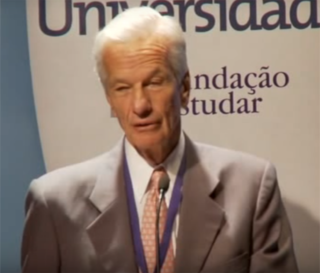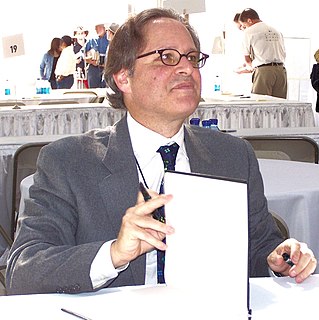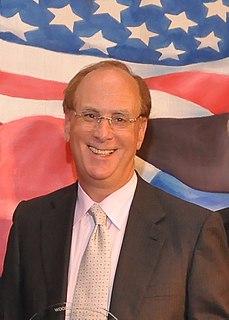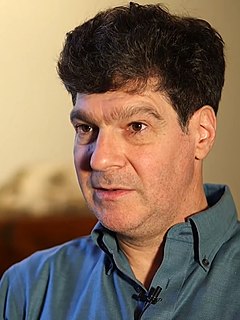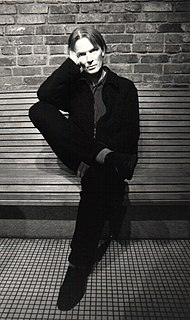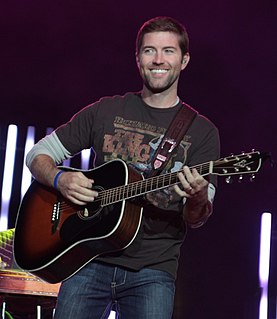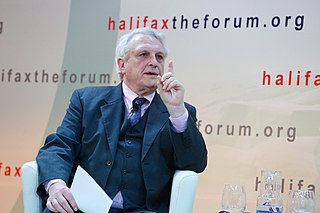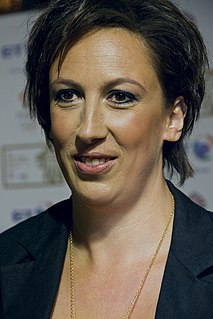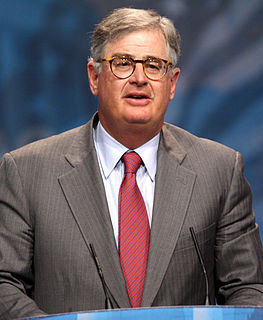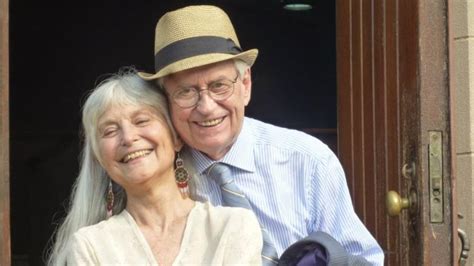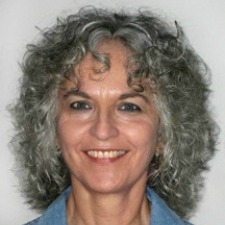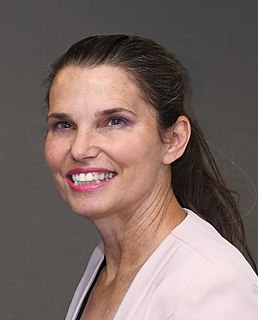Top 1157 Academic Quotes & Sayings - Page 17
Explore popular Academic quotes.
Last updated on November 26, 2024.
High-class kitsch may well be "perfect" in its form and and composition: the academic painters were often masters of their craft. Thus, the accusation that a work of kitsch is based not on lack of for or aesthetic merit but on the presence of a particularly provocative emotional content. (The best art, by contrast, eschews emotional content altogether.)
I was a regular kind of academic music student. I was at Juilliard. I had to study all the contemporary music of the time, and changing that language very radically was just a sign or a signal that I was going to try to do something very different. I find that that's what I feel closest to. I found no real inner response in me in a non-tonal language.
A different set of incentives from rising in an economic establishment where the rewards system, again, the reinforcement, comes from being a truffle hound. That's what Jacob Viner, the great economist called it: the truffle hound - an animal so bred and trained for one narrow purpose that he wasn't much good at anything else, and that is the reward system in a lot of academic departments.
Although I went to college as a youth, I never considered it necessary to steep oneself in academic learning, in order to learn how to think. I welcome a fair and square, open and above-board fight on any subject, including this, but I despise a man who sneaks around under a cloak or cover of any society or clique to strike his blows.
Most 20th century academic physicists, and academia as a whole, simply did not want to touch the subject of consciousness. We have seen psychology grow up, and we've seen the development of neurophysiology and other much more sophisticated science, but only in the recent years have the tools of quantum mechanics been applied to anything representing human scale size.
Terror became a big issue when the Reagan Administration came in. They immediately announced [their plans] and kind of disparaged Carter's alleged human rights programs. The main issue is state-directed international terrorism. Right at that time that big industry developed. That's when you start getting the academic departments on terrorism.
I think serious research tends to be associated with higher academic quality, more prestige, more resources, and even, heaven help us, better teaching, to a greater extent than you might think. Folks who don't have an active intellectual life become, though the long years of just teaching, less intellectually alive and exciting.
Education in our family was not merely emphasized, it was our raison d'etre ... In this family of accomplished scholars, I was to become the academic black sheep. I performed adequately at high school, but in comparison to my older brother, who set the record for the highest cumulative average for our high school, my performance was decidedly mediocre.
You don't see Los Angeles erecting a museum dedicated to the birth place of the Crips and the Bloods and the Mexican Mafia, with a special guided bus tour highlighting the rise of the crack trade, yet you can hop on a bus in Chicago tomorrow to see the famous locales of murders. I have to imagine there's some wonderful academic book on the sociology of this out there.
[F]or academic men to be happy, the universe would have to take shape. All of philosophy has no other goal: it is a matter of giving a frock coat to what is, a mathematical frock coat. On the other hand, affirming that the universe resembles nothing and is only formless amounts to saying that the universe is something like a spider or spit.
While the most disadvantaged students - most often poor students of color - receive the most considerable academic benefits from attending diverse schools, research demonstrates that young people in general, regardless of their background, experience profound benefits from attending integrated schools.
Storytelling is how history is passed. It's what our ancestors did, it's what everybody's done. It has to come back into a story because otherwise, it's stuck in this book and it's boring and it's academic and I'm not against intelligence and I'm not against education, I don't want to be misunderstood, but we have tell the stories to our young people a little bit early and history gives us a lot of things.
And if you look at all this academic work in the conferences and so on there's a constant theme that terrorism is extremely hard to define and we therefore have to have a deep thinking about it. And the reason it's hard to define is quite simple. It's hard to find a definition that includes what they do to us but excludes what we do to them. That's quite difficult. So it takes a global war on terrorism.
People are attracted to teaching because they want to make a real impact. The teachers who are making the greatest difference go far beyond meeting standardised test measures. They aspire to truly level the playing field for their students, which means inspiring a love of learning, fostering the highest levels of critical thinking, building perseverance in working towards academic excellence, and so on.
It is fashionable in some academic circles to exercise scholarly criticism of the Bible. In so doing, scholars place themselves above the Bible and seek to correct it. If indeed the Bible is the Word of God, nothing could be more arrogant. It is God who corrects us; we don’t correct Him. We do not stand over God but under Him.
In the United States, one of the main topics of academic political science is the study of attitudes and policy and their correlation. The study of attitudes is reasonably easy in the United States: heavily-polled society, pretty serious and accurate polls, and policy you can see, and you can compare them.
John Barth, I think, was really a writer of my own age and somewhat of my own temperament, although his books are very different from mine, and he has been a spokesman for the very ambitious, long, rather academic novel. But I don't think that what he is saying, so far as I understand it, is so very different from what I'm saying.
Look at the great tradition of Western political philosophy. Those people were all immersed in revolutionary movements. Most weren't career academics - often, they were too radical to be accepted in the academy. Rousseau's books were banned. Jeremy Bentham and John Stuart Mill couldn't hold academic positions because they were atheists.
When we first started, in the early Eighties, we had some crappy guitars - Japanese knockoffs that wouldn't hold standard tuning. Later, we'd shove drumsticks or screwdrivers under strings to scheme new noises, sure. But initially, open tuning was a technique used to make our cheap guitars sound better. It wasn't academic or conceptual.
Service-learning is a particularly fertile way of involving young people in community service, because it ties helping others to what they are learning in the classroom. It enables them to apply academic disciplines to practical, everyday problems. In the process, it provides a compelling answer to the adolescent's perennial question, 'Why do I need to learn this stuff?
Even as I've become more reticent about the political possibilities of the academic space, I want to note that students have played significant roles in insurrectionary activity across the globe for decades and centuries, and I don't think that we've crossed some threshold where that's never going to happen again. We still need to take the university space quite seriously.
I do have a very conscious desire not to be academic. I'm antiacademic. I hate jargon. I hate that sort of pretension. I am a person who [commits] breaches of decorum - not in private life, but in my work. They are part of my mode of operation. That kind of playfulness is part of my nature in general. The paradox that, in a way, to take something very seriously, you can't always be serious about it.
Evergreen is arguably the most radical college in the country - and while it does lean far to the left in a political sense, it is the school's pedagogical structure to which I refer. Rather than placing students in many separate classes, most of our curriculum is integrated into full-time programs that may run the entire academic year.
For an academic to launch a public conversation about journalistic integrity, the role of religion in society, scholarship and faith is a dream come true. These are the kinds of things that we sit around talking to each other about in our dusty libraries. To see these conversations take place in popular culture is the best thing that could have ever happened.
I love kids that come to shows, little kids coming up to you with braces; like, some kid came up to me in a parking lot outside a show in Santa Cruz - he was about 14 or 15 - and he said, 'Y'know, I love 'The Basketball Diaries,' but I hope your next book of poetry isn't gonna be as academic as 'Living at the Movies' was.'
I talk about folding it in often with Althea, my girlfriend. She's getting her doctoral degree at Berkeley and she talks about how even when writing these very academic, and, for the most part, serious papers there's just so much going on in her head and heart, and it's a reminder that there's a reason that she's studying these things.
There is no theory. You have only to listen. Pleasure is the law. I love music passionately. And because l love it, I try to free it from barren traditions that stifle it. It is a free art gushing forth, an open-air art boundless as the elements, the wind, the sky, the sea. It must never be shut in and become an academic art.
Anyone who has actually had to take responsibility for consequences by running any kind of enterprise whether economic or academic, or even just managing a sports team is likely at some point to be chastened by either the setbacks brought on by his own mistakes or by seeing his successes followed by negative consequences that he never anticipated.
A good rule of thumb is as follows: If the numbers come from somebody wearing a tie (Wall Street economist or analyst, industry public relations department, captive think tank academic and so on), you ought to be very skeptical. By design messages from these people are intended to move markets, move merchandise and/or move public policy and are not a comment on the state of the physical universe.
One of the things about being a law student is that the academic discipline of law is very often removed from the practical reality of law. How to complain, who to complain to, and whether or not you even need to invoke the law is very different in the real world from how it's examined in the lecture theatre.
There were only 75 people in my graduating class at the school I attended in Hannah, S.C. It was a small school and that translated into not a lot of opportunities when it came to music. We had academic and sports programs but we never had a consistent music program. We would have a band one year, and a chorus one year, but nothing ever lasted.
In 1974 I nearly got into a fistfight with some early academic feminists in a restaurant when I casually alluded to a hormonal element in sex differences. It was utterly unacceptable at that time to think or say such a thing... If you have any doubts about the effect of hormones on emotion, libido and aggression, have a chat with a transexual, who must take hormones medically. He or she will set you straight.
If the students don't want to learn about evolution, they shouldn't be in the course. A biology course that teaches creationism is not a science course, it's a religion course. So the students demanding that creationism be given credence in that course are out of line and are denying the academic freedom of the professor. They are calling into question the scientific basis of the material that's being presented. And students are not in a position to do that.
My interests were more extracurricular, more external, and more social than they were academic. My birthday is also in December, so I was one of the older kids. That meant I learned social leadership early on. I was always just much better in a team and work environment than I was in a classroom environment.
Anti-Americanism is as old as the Republic--a historical constant, which is only remotely related to specific American behavior. So what is new? Andrei Markovits has delivered the best answer yet, ranging across an astounding wealth of material from politics and culture. Uncouth Nation is a rare academic treat. Rigorous and analytical, the book is also a pleasure to read as it penetrates a critical issue of our time.
The only way that we can prove the relevance of Fanon in a certain way outside of some academic circles is to ask, do people involved in social struggles engage with Fanonian concepts and find something relevant for them, even if they have never heard of Fanon because Fanon is implicitly in the struggles?
I think the WikiLeaks releases furnish us with an opportunity to observe the upper reaches of the American status hierarchy in all its righteousness and majesty. High-achieving colleagues attempting to get jobs for their high-achieving children. Foundation executives doing fine and noble things. Prizes, of course, and high academic achievement.
I loved school. Not sure how much I focused on the education; just had fun and played lacrosse for seven years. It was lucky I had sport, which I was good at, so it didn't matter that I wasn't great on the academic side, or not brilliant at drama. Although I am still bitter about not being in the school choir. Furious, actually.
Clearly, one does not have to give up being an academic, retreat from rigorous research, or renounce the importance of specialization in order to address major social issues. I don't think you give up theoretical rigor by writing in a way that addresses major social concerns and is at the same time accessible to wider informed general audiences.
DURING THE PAST TWO TO THREE DECADES, we have acquired substantial evidence that most chronic diseases in America can be partially attributed to bad nutrition. Expert government panels have said it, the surgeon general has said it and academic scientists have said it. More people die because of the way they eat than by tobacco use, accidents or any other lifestyle or environmental factor.
There are those who would draw a sharp line between power politics and a principled foreign policy based on values. This polarized view - you are either a realist or devoted to norms and values - may be just fine in academic debate, but it is a disaster for American foreign policy. American values are universal.
The university is the place where the pursuit of truth is taught, the rules for learning how to pursue it are explained, and students begin to understand how to evaluate the seriousness of truth. Those are incredibly important lessons, and only the teachers' academic freedom can protect them because there will always be people who disagree with or disapprove of the ideas they are trying to convey.
As an academic I feel I should intellectualize and theoretically analyze when all I really want to do is let the work take me somewhere, manipulate me, and then rough me up a bit. When it comes right down to it, I only want to spend time with work that makes me think and teaches me something while making my body react.
When I was at seminary in my early twenties, one of my teachers said to me, "You're going to have to decide. Either you're going to be an academic or you're going to be a pastor. You can't be both." I remember thinking, Rats! I want to be both! Why are you telling me I can't do these two things?And so I have kind of oscillated to and always wanted to do both.
I started work on my first French history book in 1969; on 'Socialism in Provence' in 1974; and on the essays in Marxism and the French Left in 1978. Conversely, my first non-academic publication, a review in the 'TLS', did not come until the late 1980s, and it was not until 1993 that I published my first piece in the 'New York Review.'
The landscape in academic science is traditionally male-dominated. Women didn't always see themselves there - there was a lack of role models, a lack of champions. It really helped when the Prime Minister appointed a gender-balanced cabinet. That was well-received and people realized that, if the Prime Minister could do it, why can't there be equity other places?
No one expects a Broadway musical comedy to be in the vanguard of what is bohemian, raunchy, folkloric, academic or aggressively experimental. That is not its job. Its job is to synthesize musical and social traditions with high-styled vivacity, especially those that dwell on different sides of the tracks in real life. The highbrow meets the lowbrow; sweet meets hot; uptown, downtown, all around the town.
